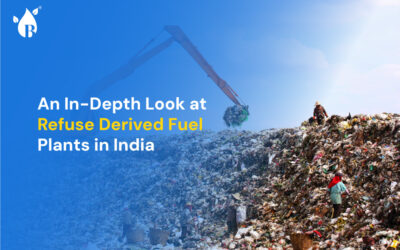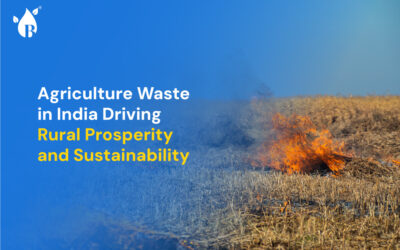
Coffee husk, a byproduct of coffee production, is rapidly emerging as a key raw material for biofuel and waste-to-energy conversion. Given its availability in India’s major coffee-producing regions, the market potential for coffee husk buyers and sellers is growing. This article explores the current trends in the coffee husk industry, regional availability, and specific opportunities for buyers and sellers, particularly in the biofuel and waste-to-energy conversion sectors. Additionally, we examine current trends in coffee husk price in india, making this resource increasingly attractive for biomass energy production.
The Role of Coffee Husk in Sustainable Energy
Coffee Husk Availability in Key Regions
India’s coffee production is predominantly concentrated in three southern states—Karnataka, Kerala, and Tamil Nadu—which also serve as vital sources of coffee husk for biofuel and waste-to-energy applications. As the largest producer, Karnataka accounts for 71% of the country’s coffee, with the Kodagu district contributing one-third of the national output. Kerala, particularly the Wayanad district, adds to this dynamic by supplying 21% of India’s coffee, primarily Robusta. Although Tamil Nadu produces only 5% of India’s coffee, it remains an important player in the market. Together, these states are key hubs for sourcing this valuable byproduct, offering substantial opportunities for the biomass industry.
Current Pricing Trends for Coffee Husk in India
Opportunities for Coffee Husk Buyers and Sellers
The coffee husk market presents significant opportunities for both buyers and sellers in the bioenergy sector. Industries that rely on biomass for energy production can leverage coffee husk as a low-cost, renewable fuel source, with abundant supplies in Karnataka, Kerala, and Tamil Nadu ensuring a steady stream of raw materials for energy conversion processes. Coffee husk can be utilized as loose biomass or processed into biomass briquettes, offering flexibility in fuel options. Sellers can target briquette manufacturing plants and end consumers to establish themselves as key suppliers in the emerging biomass energy sector. Additionally, those who invest in processing coffee husk into briquettes can cater to industrial buyers seeking higher energy density fuels while exploring international markets where demand for renewable fuel sources is on the rise. Together, these dynamics create a robust landscape for coffee husk transactions, benefiting stakeholders across the supply chain.
Conclusion
The increasing focus on biofuels and waste-to-energy conversion offers significant growth opportunities for both coffee husk buyers and coffee husk sellers in India. With coffee husk prices in India currently stable and competitive, now is the ideal time for energy producers and biomass fuel manufacturers to tap into this abundant, renewable resource. Karnataka, Kerala, and Tamil Nadu offer the largest and most consistent supplies of coffee husk, making these regions crucial for sustainable biofuel initiatives. By investing in the potential of coffee husk, stakeholders in the energy industry can enhance both their environmental impact and economic value.



